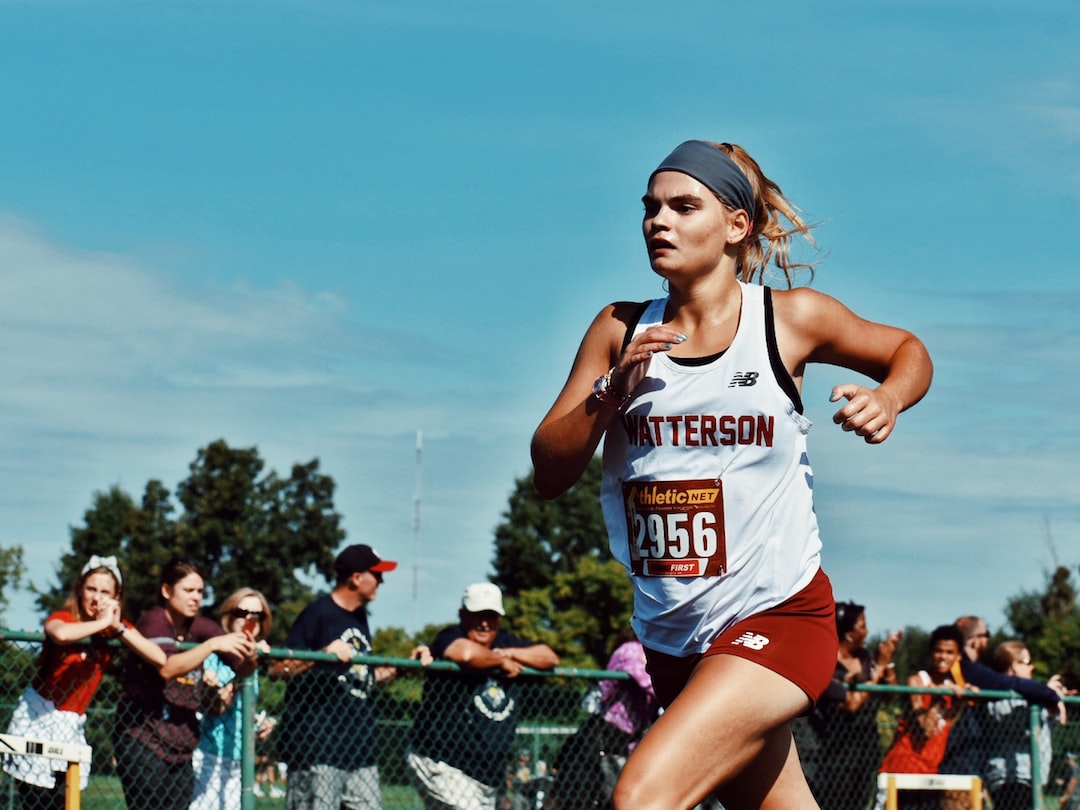Sleep is a crucial aspect of our overall health and well-being. It not only rejuvenates our body but also plays a vital role in enhancing our cognitive functions. For athletes, sleep quality is of utmost importance as it directly impacts their athletic performance. In this blog post, we will explore the various ways in which sleep quality affects an athlete’s performance and why prioritizing sleep is crucial for success in sports.
To begin with, sleep is essential for muscle recovery and growth. During sleep, our body repairs damaged tissues and replenishes energy stores. For athletes, this means that a good night’s sleep allows their muscles to recover faster, reducing the risk of injuries and improving overall performance. Adequate sleep also facilitates the secretion of growth hormone, which is vital for muscle development and repair.
Furthermore, sleep plays a significant role in memory consolidation and learning. Athletes, especially those involved in sports that require complex motor skills and strategies, greatly benefit from quality sleep as it enhances their ability to learn and retain new information. When we sleep, our brain consolidates memories, reinforcing what we have learned during the day. This is crucial for athletes who need to remember plays, techniques, and game plans.
Additionally, sleep deprivation negatively affects concentration, reaction time, and decision-making skills. These cognitive functions are of paramount importance in sports, where split-second decisions can determine the outcome of a game. Studies have shown that lack of sleep impairs reaction time, leading to slower reflexes and decreased accuracy. Athletes who are sleep-deprived are more prone to making mistakes and poor judgment calls, which can have a substantial impact on their performance.
Moreover, sleep deprivation increases the production of stress hormones such as cortisol, which can hinder athletic performance. Elevated cortisol levels lead to increased muscle breakdown, decreased muscle growth, and impaired immune function. All of these factors contribute to a decline in overall athletic performance and increase the chances of injuries. On the other hand, quality sleep helps regulate hormone levels, ensuring optimal muscle recovery, and immune system functioning.
It is also important to note that sleep deprivation impairs cardiovascular health, which is crucial for athletes who engage in high-intensity sports. Lack of sleep increases blood pressure and heart rate, putting extra strain on the cardiovascular system. This can lead to decreased endurance, reduced oxygen-carrying capacity, and compromised athletic performance. Athletes who consistently prioritize sleep will witness an improvement in their cardiovascular health and overall athletic capacity.
In conclusion, sleep quality has a significant impact on athletic performance. It not only aids in muscle recovery and growth but also enhances cognitive functions such as concentration, reaction time, and decision-making skills. Quality sleep ensures optimal hormone regulation, cardiovascular health, and immune system functioning, leading to improved athletic performance and reduced risk of injuries. Harnessing the power of sleep is essential for athletes striving for excellence in their respective sports. Therefore, prioritizing sleep should be seen as an integral part of an athlete’s training regimen.

